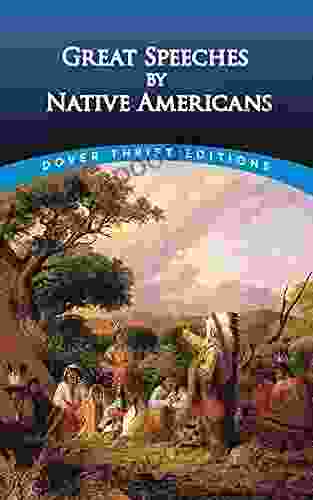:
The rich tapestry of Native American history is woven with captivating tales of courage, wisdom, and eloquence. Among the many cultural treasures that have emerged from these vibrant communities, oratory holds a place of profound significance. "Great Speeches by Native Americans", a compilation published in the Dover Thrift Editions series, offers readers an unparalleled opportunity to immerse themselves in the world of Native American eloquence, providing insights into the thoughts, beliefs, and aspirations of generations past.
Chapter 1: Echoes of the Past:
The book opens with a journey back in time to the era of the Iroquois Confederacy, where the eloquent words of Dekanawidah and Hiawatha ignited the fires of unity and peace. The chapter explores the significance of the Great Law of Peace, a testament to the Iroquois' commitment to harmonious coexistence. It also delves into the speeches of Chief Joseph, a Nez Perce leader whose words of defiance and resilience resonated throughout the American West.
4.6 out of 5
| Language | : | English |
| File size | : | 925 KB |
| Text-to-Speech | : | Enabled |
| Screen Reader | : | Supported |
| Enhanced typesetting | : | Enabled |
| X-Ray | : | Enabled |
| Word Wise | : | Enabled |
| Print length | : | 241 pages |
| Lending | : | Enabled |
| X-Ray for textbooks | : | Enabled |
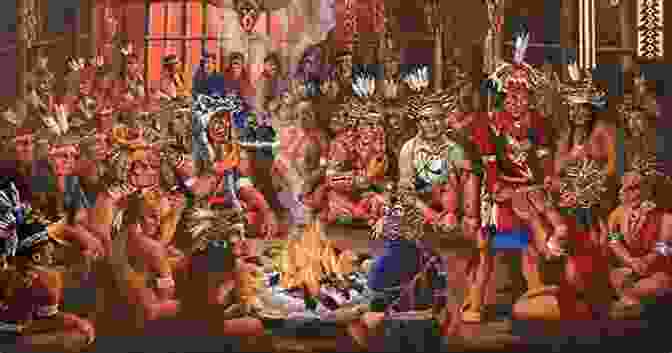
Chapter 2: Voices of Resistance:
As Native American communities faced the onslaught of European colonialism and expansion, their voices rose in protest and defiance. This chapter showcases the inspiring speeches of Tecumseh, a Shawnee chief who rallied his people against American encroachment, and Geronimo, the legendary Apache leader whose words of resistance echoed through the mountains of the Southwest. Their speeches capture the indomitable spirit of Native American resistance, highlighting their unwavering determination to preserve their way of life.
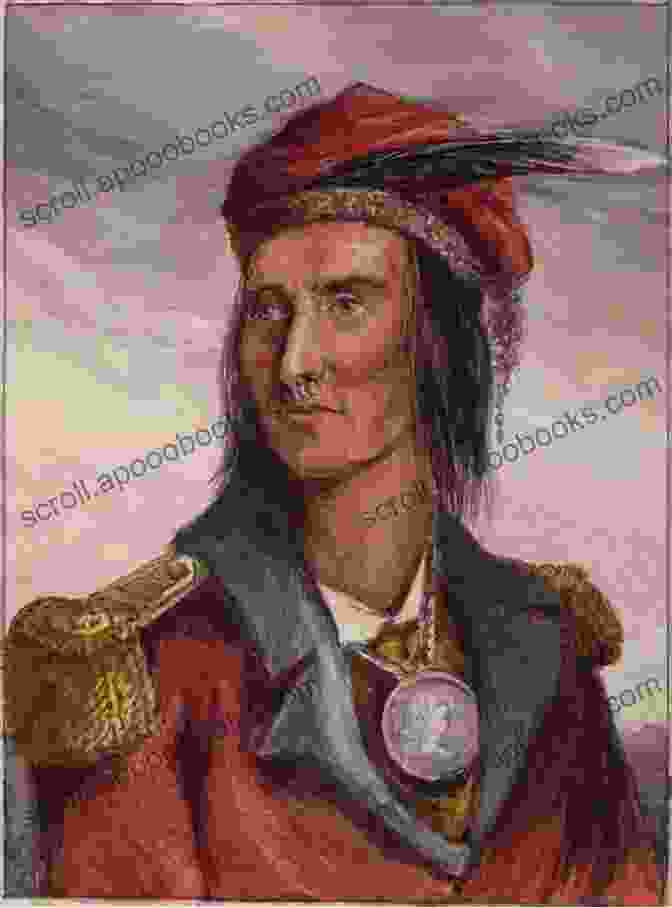
Chapter 3: Paths of Reconciliation:
In the face of adversity and broken promises, some Native American leaders embarked on a path of reconciliation, seeking to bridge the divide between their people and the dominant society. The chapter examines the speeches of Elias Boudinot, a Cherokee statesman, and Frederick Douglass, a former slave who became a prominent abolitionist. Their words advocate for mutual understanding, respect, and the recognition of shared humanity.
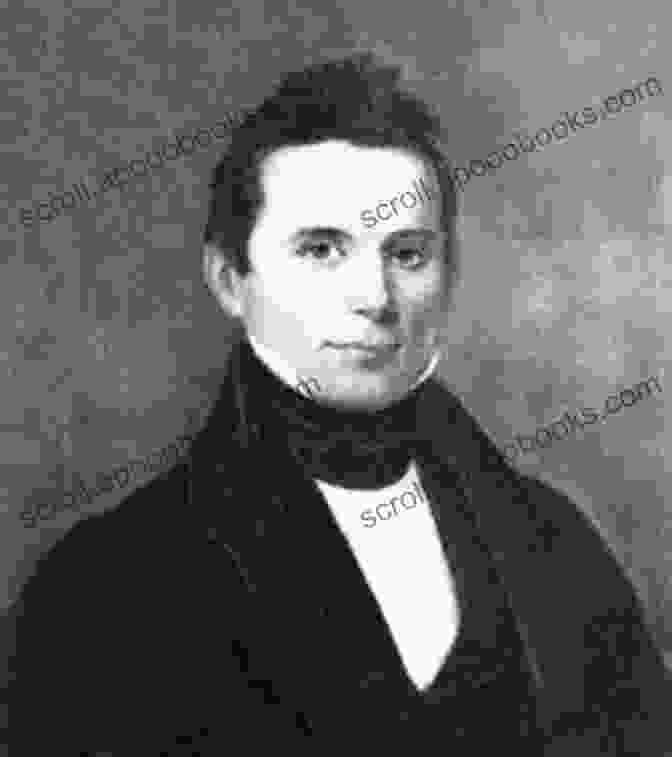
Chapter 4: Contemporary Voices:
The legacy of Native American eloquence extends far beyond the past. The book concludes with speeches by contemporary Native American leaders, including Wilma Mankiller, the first female Principal Chief of the Cherokee Nation, and Vine Deloria Jr., a renowned author and activist. Their words address issues of sovereignty, self-determination, and the importance of preserving Native American culture in the modern world.
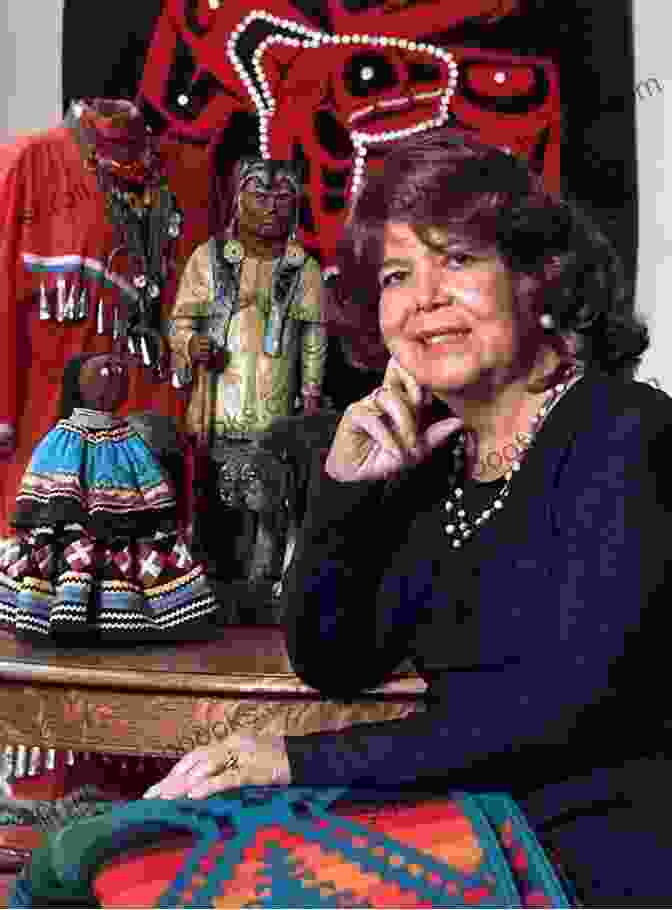
:
"Great Speeches by Native Americans" is a compelling compilation that transports readers into the heart of Native American history through the power of oratory. The speeches gathered in this volume provide a glimpse into the souls of a people, their unwavering spirit, and their unwavering commitment to their culture and traditions. By preserving and sharing these eloquent words, the book serves as a vital bridge between the past and the present, reminding us of the enduring legacy of Native American voices.
For educators, researchers, and anyone interested in exploring the richness of Native American history and culture, "Great Speeches by Native Americans" is an invaluable resource. Its accessible format and engaging narrative make it an ideal to the world of Native American eloquence, inviting readers on a journey of discovery and understanding.



